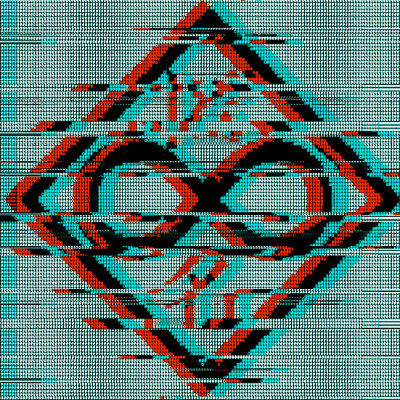Is An XMR Version of Nunchuk Wallet Technically Possible?
I’ve read about secret sharing as a means of doing multisig in Monero, and I know services like Haveno & RINO implement 2-of-3 wallets as a service (for exchange escrow and shared custody respectively). I’m interested in a different sort of implementation, one that doesn’t rely on a third party host.
Nunchuk.io, for example, develops a BTC wallet that allows multiple users to collaboratively create multisig wallets & share custody of bitcoin. They can sign/approve transactions via an integrated messenger (which is third party hosted, but doesn’t technically need to be afaik). This has multiple use cases, but it interests me primarily as a trustless escrow service between individuals.
As a non-programmer, I’m curious if anything about XMR secret sharing prevents the development of an equivalent application for Monero. Haveno and RINO have their own use cases, but I’d be more interested in something that can work between individual users without any third party company/service/platform.


@UncleIroh @Saki RINO claims to use it for their enterprise shared custody service:
https://www.rino.io/
And Haveno is supposed to be using it for escrow:
https://github.com/haveno-dex/haveno/blob/master/docs/trade_protocol/trade-protocol.md
I foolishly assumed this meant it was mature enough to implement more broadly, but I guess not.
You can try out their claims. I havnt tried multisig their myself jusy tried a normal account ages ago. My only wish is to have email as an option only or some other network id. Xmpp/nostr/monero. They could use monero for spam protection? Also im not sure how multsig with other parties work, is the email shared with other participant? May be good idea to make that private too…but how to monitize i dont know…
@xmr_unlimited I’m not terribly interested in RINO… they’re a third party service, not a piece of software so it doesn’t fit my use case. The fact that I need to register & sign in to even try it out is a big turn off.
What I am curious about, though, is if they’ve refined XMR multisig at all in developing their service, and if so whether they’ve pushed those improvements upstream or not.
Im pretty sure participants can get their funds out without rino if they saves all their keys